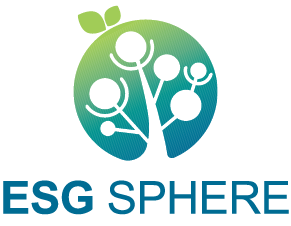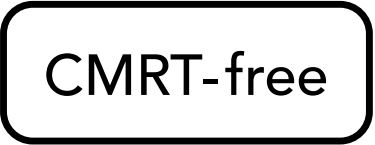Responsible Mineral Management
To achieve responsible and sustainable procurement practices, Wistron has established a Conflict Minerals Policy and a responsible mineral sourcing management process. We are committed to sourcing minerals that adhere to the due diligence framework recognized by the Organization for Economic Cooperation and Development (OECD) in their "Due Diligence Guidance for Responsible Supply Chains of Minerals from Conflict-Affected and High-Risk Areas." We conduct thorough due diligence on our suppliers to ascertain which smelters and refiners possess systems that comply with prevailing global standards for responsible mineral sourcing. Furthermore, we prohibit the use of conflict minerals originating from high-risk regions.
Wistron adheres to the investigation findings of the Responsible Minerals Initiative (RMI) and has developed a "Conflict Minerals Management Procedure" to prevent the inadvertent acquisition of metals sourced from conflict minerals (Note 3). We explicitly mandate our suppliers to formulate policies ensuring the reasonable traceability of Gold (Au), Tantalum (Ta), Tungsten (W), Tin (Sn), Cobalt (Co), and Mica contained in our products, along with conducting due diligence to ensure their sources align with OECD requirements or have been excluded by organizations recognized for defining conflict-affected and high-risk areas for minerals.
Wistron conducts an annual reassessment of the smelters/refiners used in our products based on the Conformant Smelters List published on the RBA official website. We employ the Wistron SQP (Supplier Questionnaire Platform) questionnaire system and audits assessment to investigate conflict minerals systematically. Additionally, we utilize RMI's Conflict Minerals Reporting Template (CMRT) and Extended Minerals Reporting Template (EMRT) for investigations, requiring suppliers to disclose mineral sources and sign conflict mineral-free declarations. This ensures that their procurement sources are not from conflict and high-risk areas and comply with customer and regulatory requirements. In 2024, a total of 1,326 suppliers signed the declaration, achieving a 100% compliance rate.
In our conflict minerals management process, we engage with suppliers to ascertain the reasons and necessity for using conflict minerals. If their usage is deemed non-essential, we request suppliers to discontinue the procurement and use of conflict minerals and to select new mineral sources. They must provide valid evidence that the new minerals comply with RBA requirements as conflict-free. If the usage of conflict minerals is deemed necessary, suppliers are requested to provide removal plans or improvement measures.
Since 2023, Wistron has begun affixing the declaration "CMRT-free" (Conflict Mineral-Free) on the outer packaging of our products, affirming that our company does not utilize conflict minerals. (The labeling may be adjusted according to different business units.)
- Note 3 : Conflict Minerals refers to minerals extracted in conditions of armed conflict and human rights abuses. The main minerals subject to regulation include Gold (Au), Tantalum (Ta), Tungsten (W), Tin (Sn), Cobalt (Co), and Mica. These minerals are not only limited to the eastern provinces of the Democratic Republic of the Congo, which are controlled by the Congolese government forces and various armed rebel groups, but also extend to nine surrounding countries, including Angola, Burundi, the Central African Republic, the Republic of Congo, Uganda, Sudan, Tanzania, Rwanda, and Zambia, where the resources from these mines are extracted. Additionally, minerals from conflict-affected and high-risk areas, as defined by the OECD or an equivalent recognized organization, are also considered conflict minerals.




.JPG)





